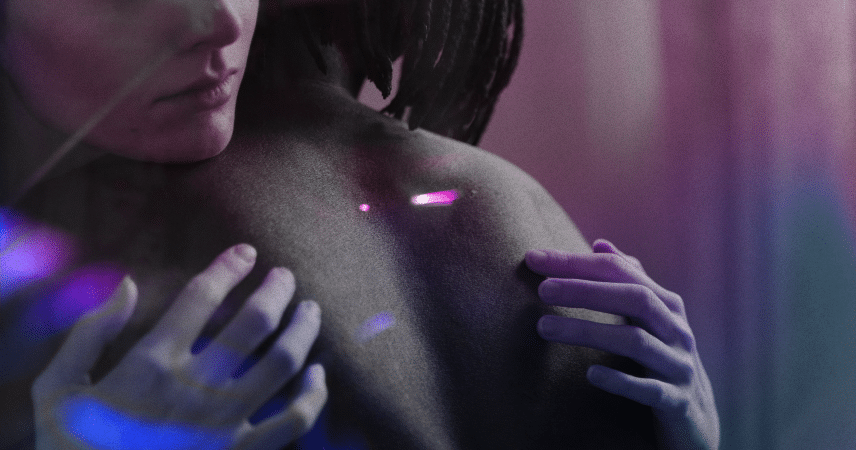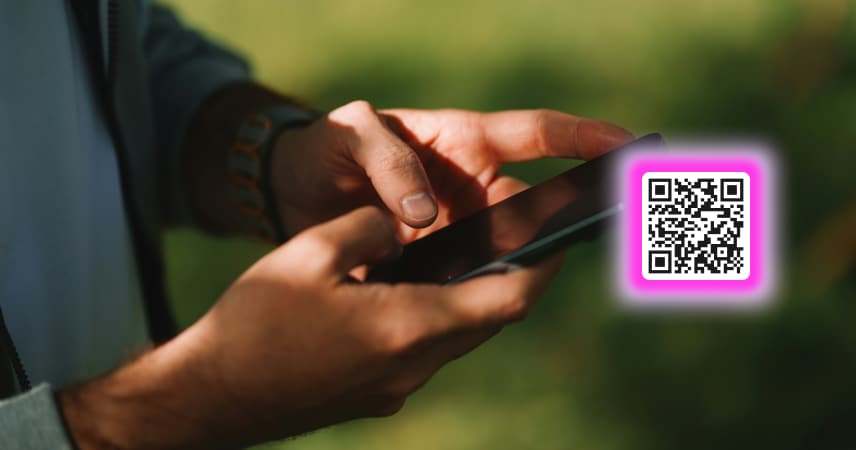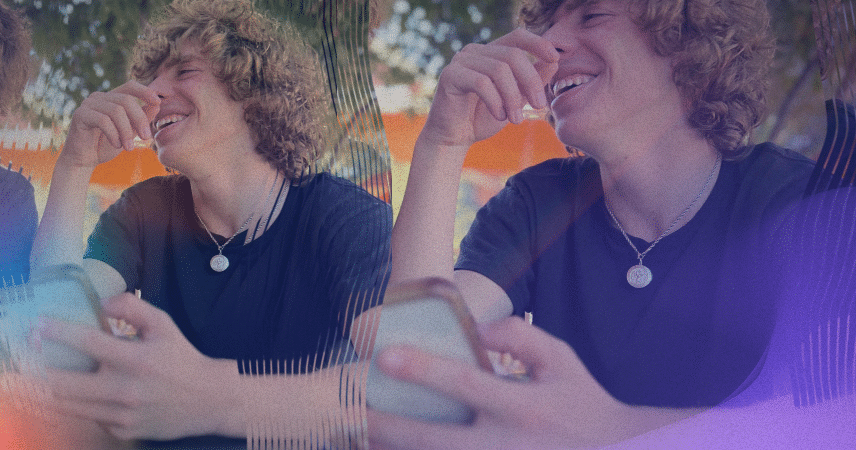
Wouldn’t it be perfect if you had a sweet, simple, uncomplicated, relationship with your partner, lover, parents, and friends? A relationship that is entirely unburdened by history, doubts, or trauma sounds amazing at first. Then, you realize that kind of love is shallow and ultimately, fragile.
The strongest, most fiercely loving relationships happen between people who have been through the fire together. These relationships are strengthened and forged because of those difficulties. Likewise, loving your body doesn’t mean you have to have a perfect relationship with it. You don’t have to love every inch of it all of the time. It’s even okay to sort of hate it sometimes.
So, what should loving your body mean? That changes from person to person. For some, the greatest love of their body is simply accepting it. For others, it’s learning to be kinder to it or to stop abusing it. And yes, you can love your body for what it is while still wanting to make significant, permanent changes to it.
Do you believe you deserve to live a full life, experience loving relationships, and feel included no matter what your body looks or feels like? Then, you love your body in every way that is important.
Why do LGBTQ+ Folks Have Ambivalent Feelings About Their Bodies
First, let’s acknowledge that a lot of folkx have a love-hate relationship with their bodies. They love that they are using their bodies as they believe they are meant to be used. At the same time, they also believe that their bodies do not fit into what is generally believed to be pleasing. Additionally, there are places of intersectionality here. For example, people who are queer and disabled or queer and BIPOC often have unique experiences with body images that come with straddling more than one community. It isn’t uncommon for body shaming to veer into racism or sexism.
Still, as we talk about loving our bodies, it’s important to dig deeper into why that’s not always easy as members of the LGBTQ+ community. Many of us struggle with:
- Growing up in bodies that haven’t fit our core identity
- Being told that the way we present our bodies is wrong
- Receiving messages that the way we use our bodies to make love is disgusting
- Experiencing fetishization of our bodies
Also, we’re all part of a culture that tells us that only certain bodies are good and that others should be changed or hidden. Even within the LGBTQ+ community, we can be less than lovingly accepting of one another’s bodies. We make assumptions about one another’s sexual appetites based on body type or tell people that they aren’t worthy of dating if they look a certain way.
What Does This Have to Do With Pride?
Pride is a time of acceptance, celebration, and community. Unfortunately, it’s also a time of stress and distress as body image issues flare up in anticipation of big events like these. Additionally, Pride-related marketing often not so subtly promotes some bodies while shaming others. While some people may experience Pride in an entirely positive way, others have their experience dampened because they are made to feel as if their bodies just aren’t good enough.

It’s Time For Pride to Fit Every Body
Pride isn’t a possession. It doesn’t belong to any single entity or individual. Although, there are certainly people and groups who deserve credit for making Pride what it is today. Still, Pride is for the community, and that means all of us. That means it’s up to all of us to support things that make us feel good about our bodies and reject what doesn’t. And, when we are privileged enough to not struggle with this issue, ensure that we listen to the experiences of people who do.





